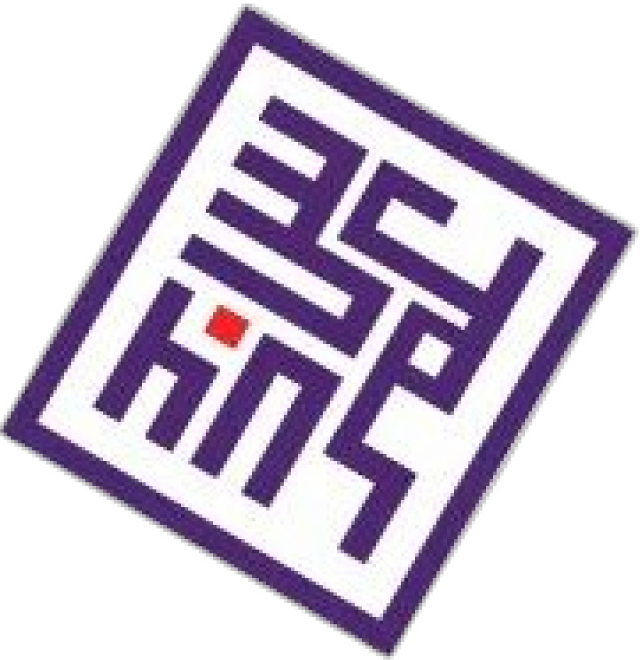There’s a certain type of decision that looks perfect in theory but falters in reality. I call these chalkboard decisions. They make sense on a whiteboard, where every variable is under control, emotions are absent, and outcomes are assumed to be certain. The logic is neat, the numbers line up, but there is always one anomaly in play! Life doesn't unfold like a spreadsheet.
The mistake many make is assuming that life rewards what’s optimal in theory. But real-life decisions, especially those that shape character, family, and legacy, require more than calculation. They need wisdom, values, and tawakkul.
Take this example: your calendar is full, your energy is stretched, and every productivity coach or book asks us to cut back on ‘non-essentials’. Visiting your parents regularly, helping a struggling friend move house, mentoring a young person, because these don’t give a financial return. The chalkboard says: "Delegate, defer, decline."
But Islam doesn’t measure value the way the world does. The Prophet ﷺ taught us that service done with sincerity is never wasted. Angels write down the minutes spent with your mother. The duʿā’ of a grateful brother in faith can open doors no business plan ever will. Time given for Allah’s sake is never inefficient, but always multiplied.
You see the same logic in leadership. The math says: automate, minimise headcount, cut slow performers, etc. But the Prophetic model says: lift people. Empower them. Invest in their growth, because barakah lies in patience, not necessarily 'performance'.
And this is the point: chalkboard decisions focus only on the visible, i.e. the short-term gain and the clean equation. But life is messy! Fitnah arises... Markets shift... Hearts change... And when it does, what matters is not whether your plan was optimal, but whether it was grounded.
Imagine standing at the foot of a mountain with two paths before you. One looks smooth and efficient. The other one overwhelmingly seems harder and uncertain. From where you stand, the easy path makes real sense. But only when you walk it, do you realise it leads you somewhere you'd rather not be. The harder path, though more demanding, was always the one that reached the top.
Islam teaches us to think long-term, not just in years, but in akhirah (the hereafter). What looks like the slower route today may just be the one that secures Allah’s pleasure tomorrow!
So no matter how polished the numbers look, always ask: is this pleasing to Allah? Is this sustainable for my soul? Because in the end, success is not defined by how well you performed on paper, but by how well you lived with purpose, integrity, and trust in your Lord.
If all this still doesn't make sense, understand it with this: 'Barakah Doesn’t always Fit on a Spreadsheet'.
And Allah knows best.
PS. I discuss this matter in greater detail in my book, The Journey to Success, The Roadmap of Ikhlāṣ, Iḥsān, and Istiqāmah
Your brother
Sajid Umar
Location: 'somewhere en route to the hereafter'
09/02/1447 (AH) - 03/08/2025


Comments
No comments yet.